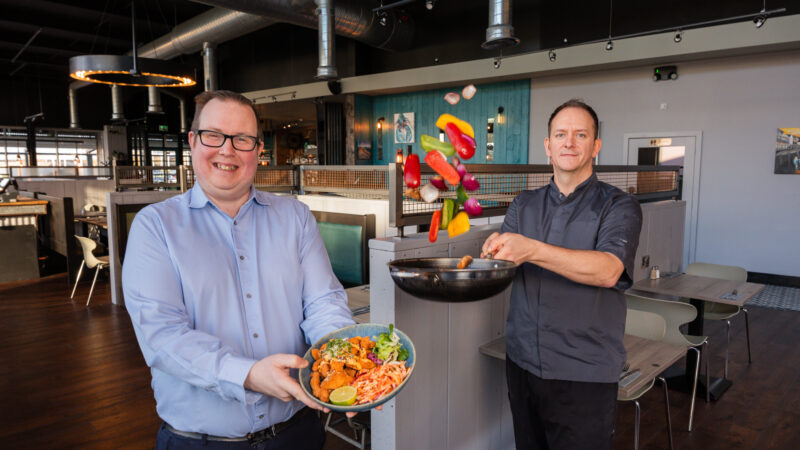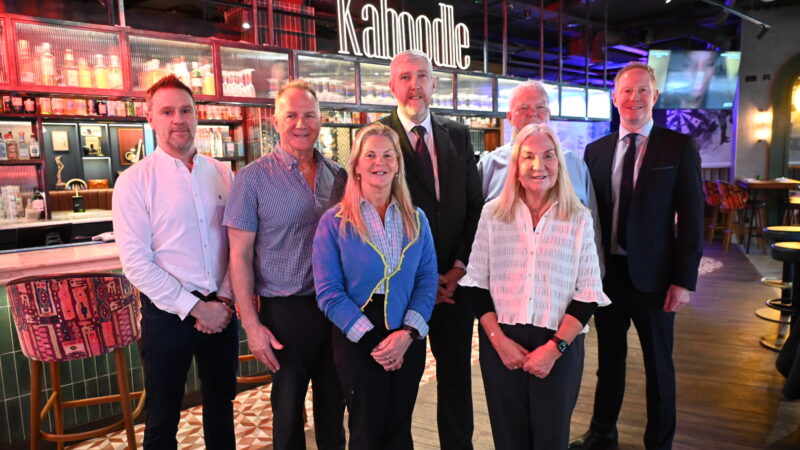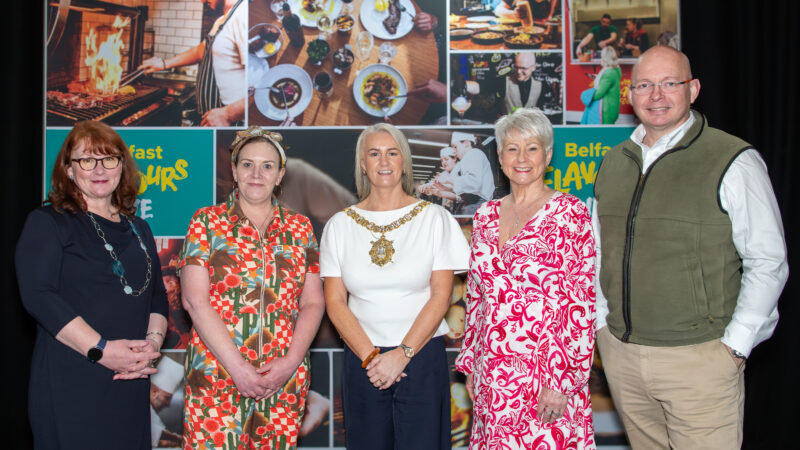Guinness unveils major farms plan to produce ‘greener’ pints of black stuff
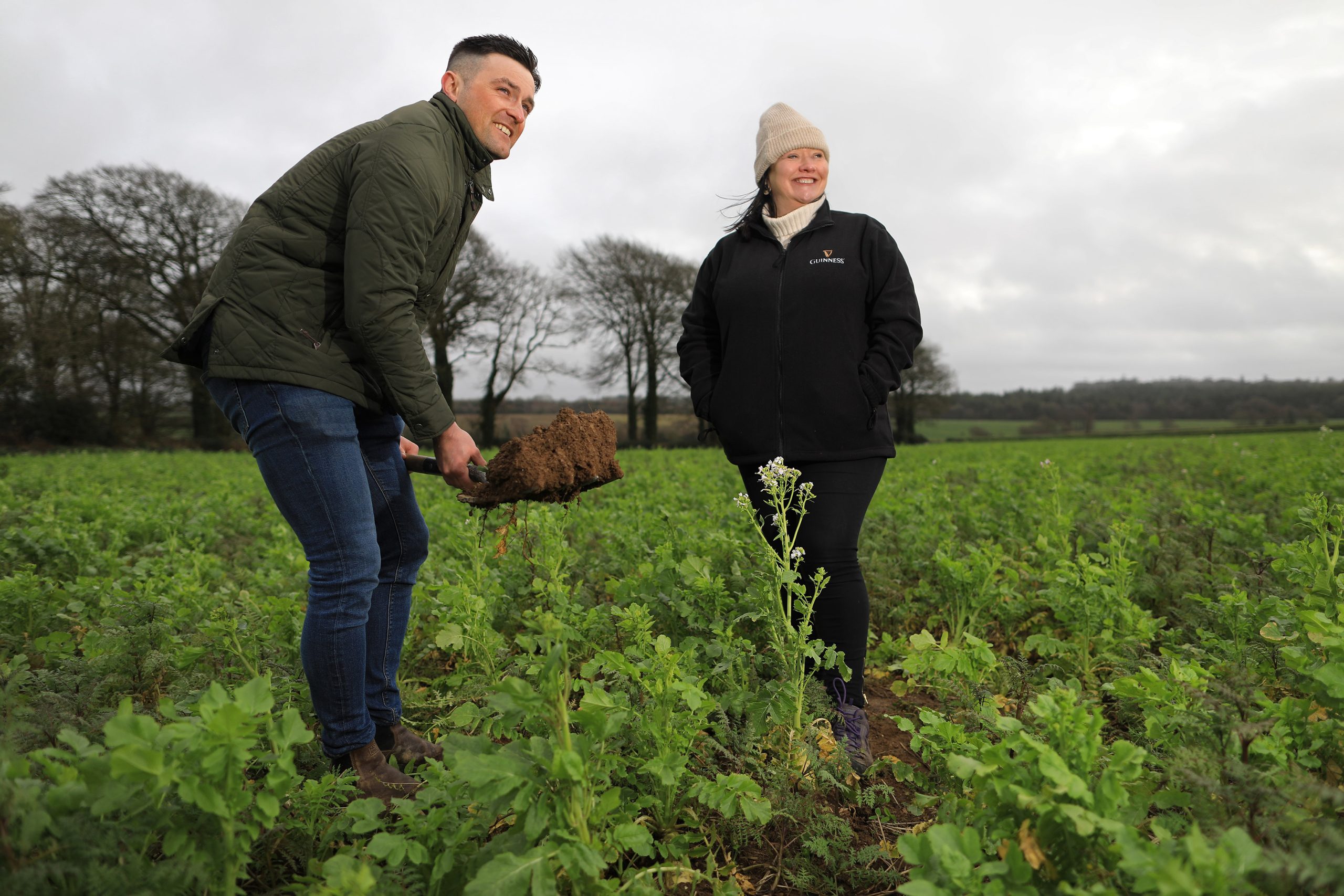
Guinness has unveiled a major initiative to cut the carbon footprint of its pints by reducing the volume of CO2 generated by farmers who produce the barley they use.
A three-year pilot, which will involve 40 barley farms in the first phase, will focus on regenerative agriculture practices and the initiative has already been hailed by the Republic’s government.
As well as the participating farmers, Guinness has put together a network of partners to design and roll out the pilot.
These include soil management and crop production experts and suppliers such as Boortmalt, Glanbia and Comex McKinnon.
Walter Furlong Junior from Co Wexford, one of the 40 farmers taking part, said: “We’re delighted to be partnering with Guinness on this programme,.
“The great thing about regenerative agriculture is the simplicity of the approach. It’s not a complicated process – it works in harmony with nature whilst providing a commercial benefit for farmers.
“We already use regenerative agricultural practices and have seen a marked improvement in the quality of the soil on our farm. It is a highly effective approach that leads to much better outcomes.”
Minister for Agriculture, Food, and the Marine, Charlie McConalogue, added: “This pilot shows the importance of sectors working together to reduce emissions.
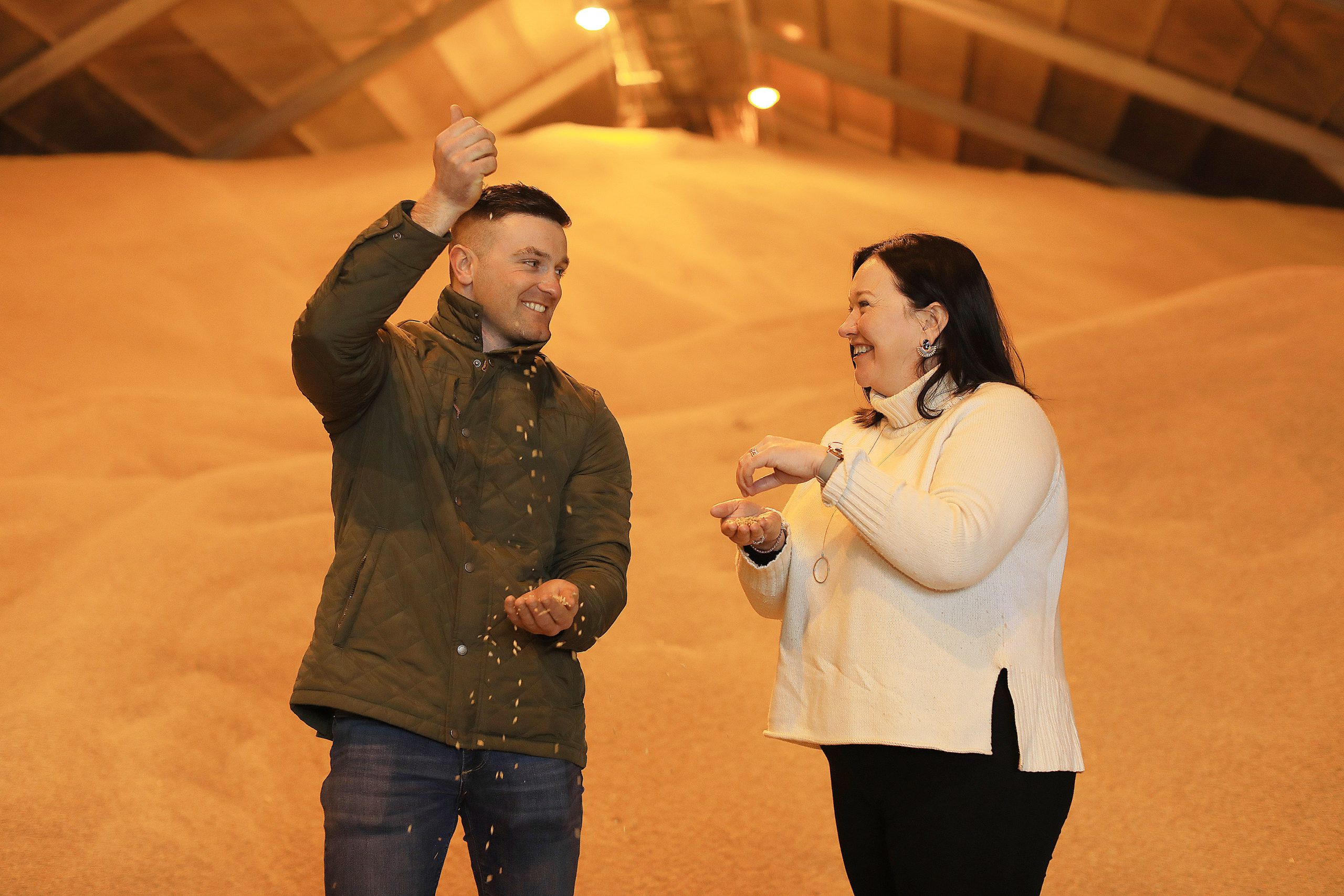
“It is welcome that one of Ireland’s most iconic brands is taking a strong leadership position on farming and the environment, as we all work towards reducing carbon emissions and meeting our ambitious but necessary climate change targets.
“Delivering on the three pillars of sustainability – environmental, social and economic – is a key priority of mine and is core to the Food Vision 2030 strategy I am implementing.
“I look forward to the roll-out of the programme and continued engagement with Guinness on its progress.”
The programme will aim to achieve improvements in soil health and the carbon sequestration potential of the land; enhanced biodiversity; reduction in the use of synthetic fertiliser; and better water quality and Guinness promised the pilot would also strive to improve the livelihoods of the farmers involved, with the potential for many more to come on board.
John Kennedy, president of Guinness’s parent company Diageo Europe, said: “This pilot is the first such programme being implemented by Diageo and the outcomes will help inform other potential opportunities, not just in Ireland, but in other countries where we source raw materials.
“We will openly share the results from the pilot programme so that other farms can learn and adopt practices that have demonstrated the highest potential impact from an environmental and farm profitability standpoint.
“Like the Irish farming community, we are ‘all in’ for the long haul – for our people, products, partners and planet.”
The new programme is part of Diageo’s wider 10-year sustainability action plan called Society 2030: Spirit of Progress.
It commits the company to achieving net zero carbon emissions across its direct operations and a 50% reduction in scope 3 emissions (emissions that include supply chains) by the end of the decade.


